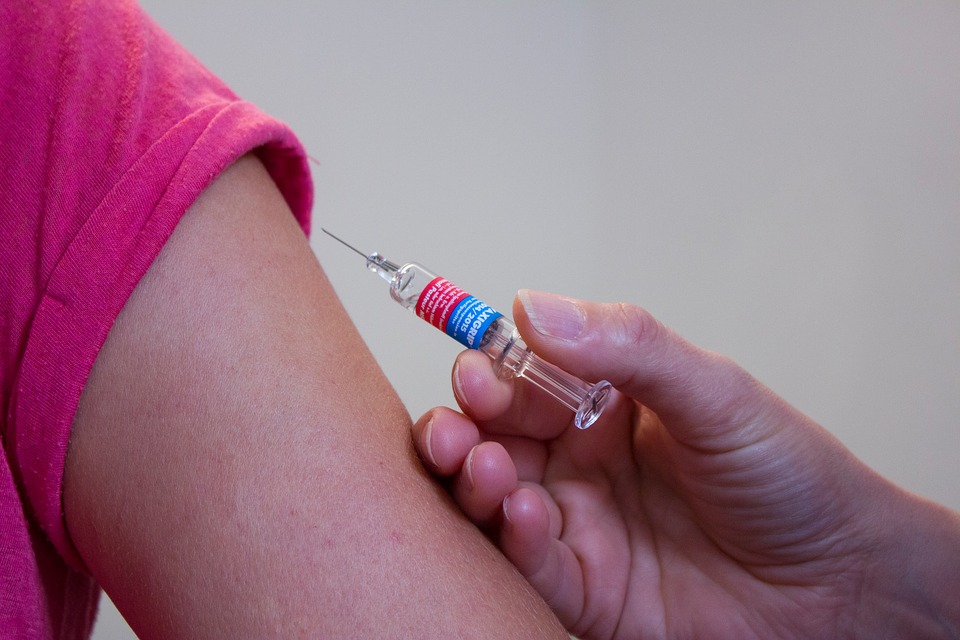 PIXABAY, DFUHLERTPresident-elect Donald Trump discussed vaccines with the prominent anti-vaccine activist Robert Kennedy Jr. on Tuesday (January 10) and, according to Kennedy, asked him to “chair a commission on vaccination safety and scientific integrity.”
PIXABAY, DFUHLERTPresident-elect Donald Trump discussed vaccines with the prominent anti-vaccine activist Robert Kennedy Jr. on Tuesday (January 10) and, according to Kennedy, asked him to “chair a commission on vaccination safety and scientific integrity.”
Although the Trump transition team has since denied asking Kennedy to chair a commission, the rumor stoked fears among scientists of potential vaccine skepticism in the White House—fears that are not unfounded, given that Trump tweeted in 2014: “Healthy young child goes to doctor, gets pumped with massive shot of many vaccines, doesn’t feel good and changes—AUTISM. Many such cases!”
The American Academy of Pediatrics (AAP) responded to the rumor of Kennedy’s appointment almost immediately. “Vaccines are safe. Vaccines are effective. Vaccines save lives,” Fernando Stein and Karen Remley of the AAP wrote in a statement. “We stand ready to work with the White House and the federal government to share the extensive scientific evidence demonstrating the safety of vaccines, including the recommended schedule.”
Others ...




















